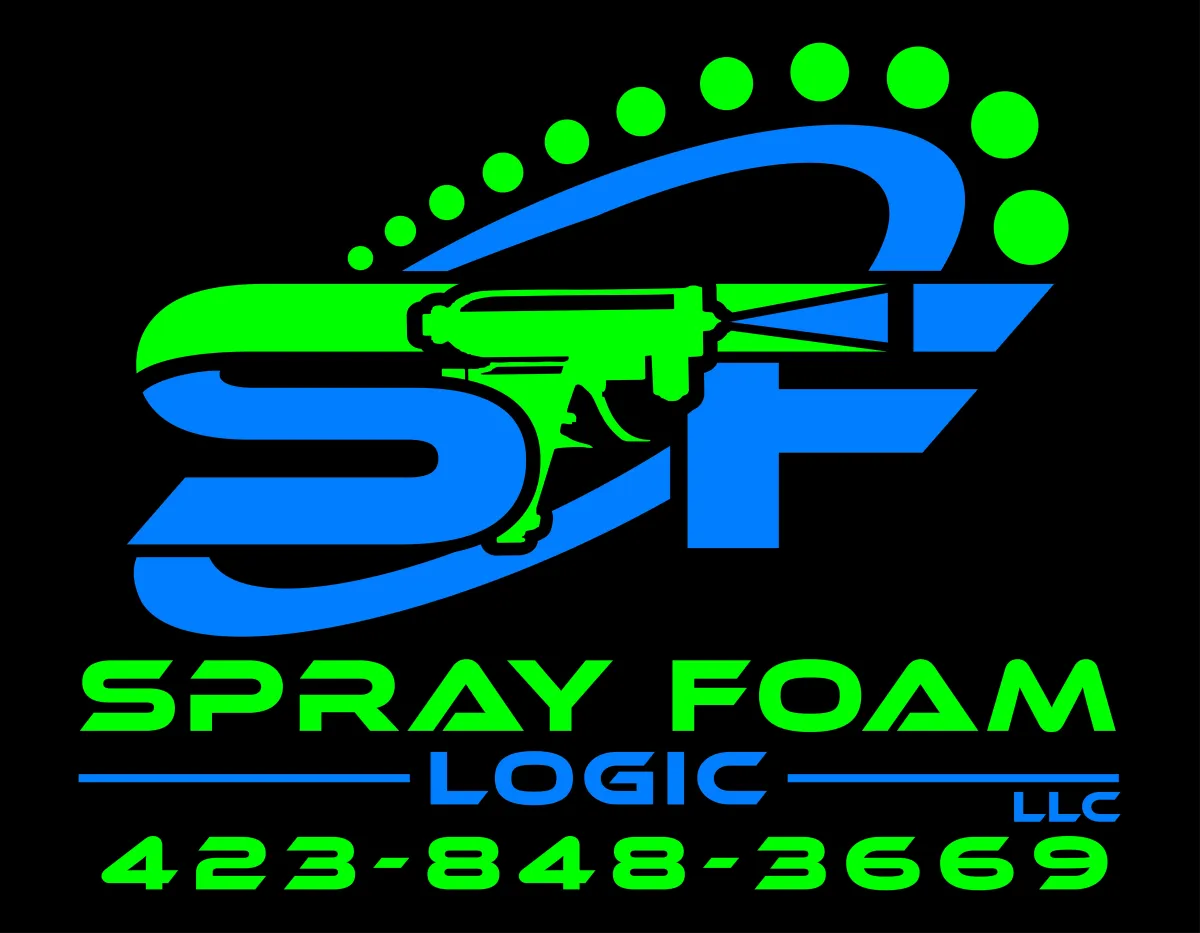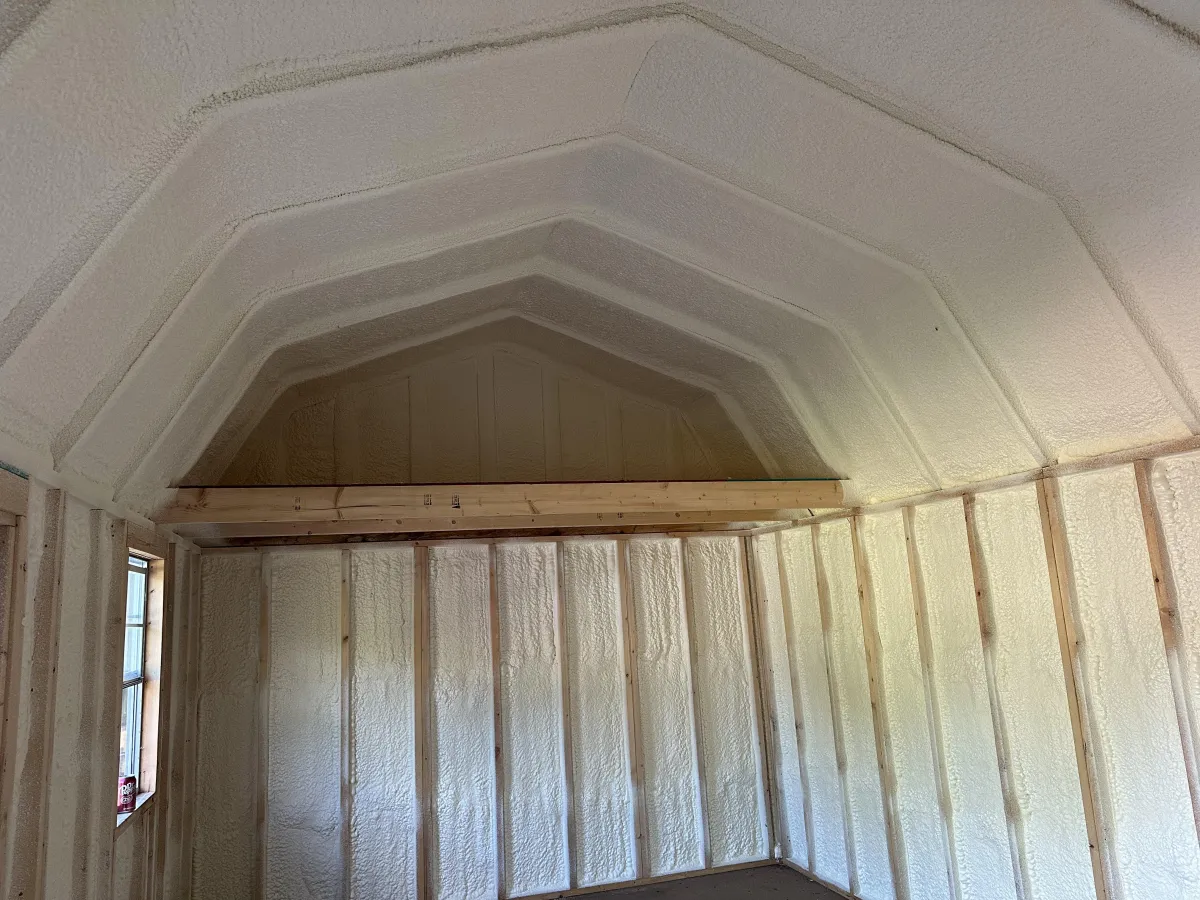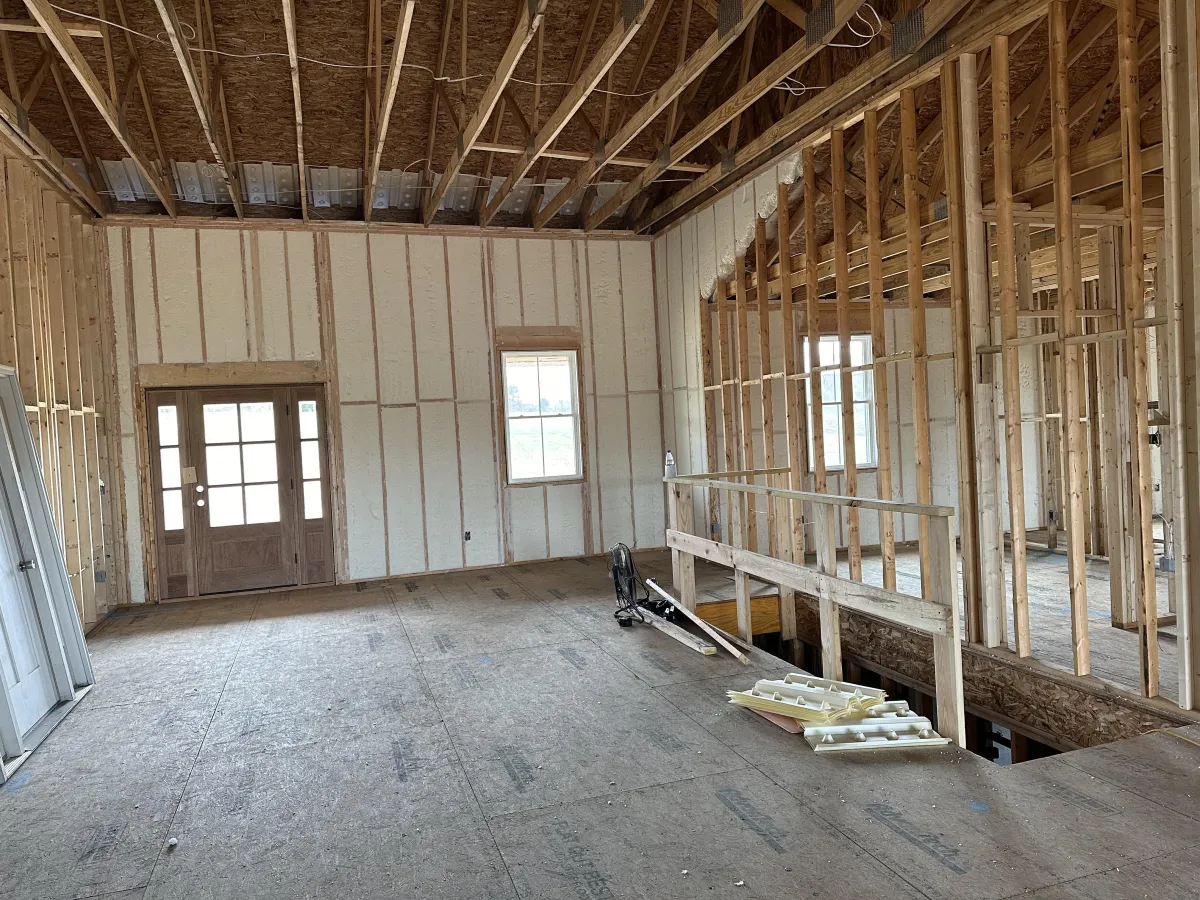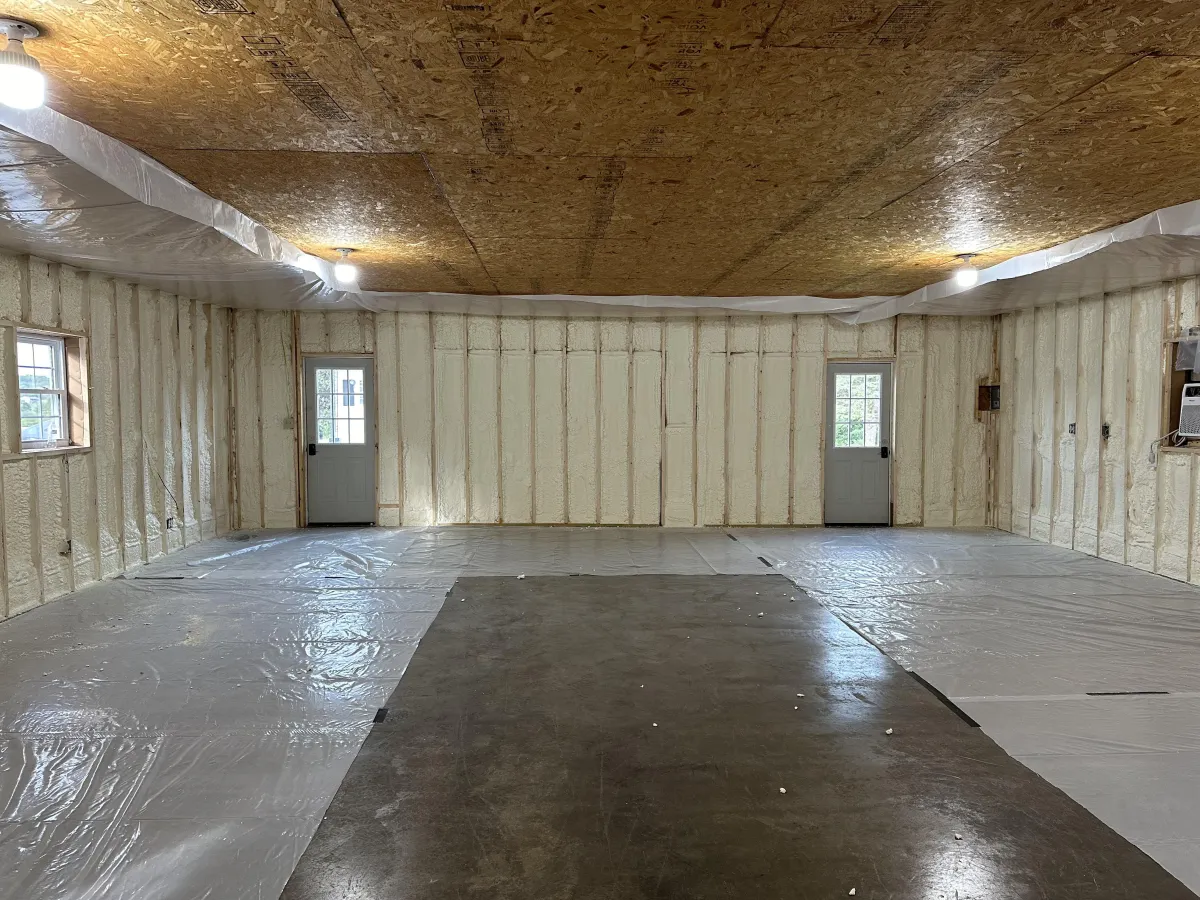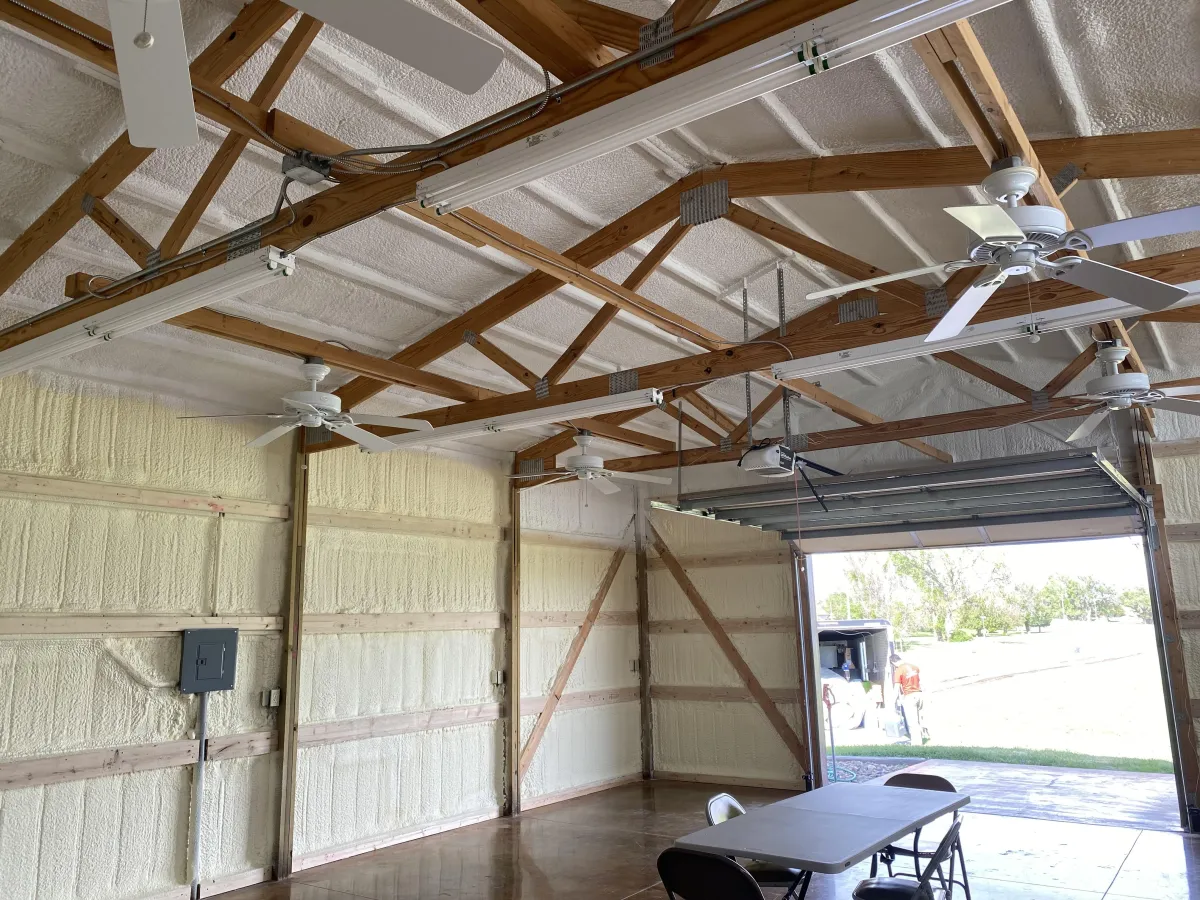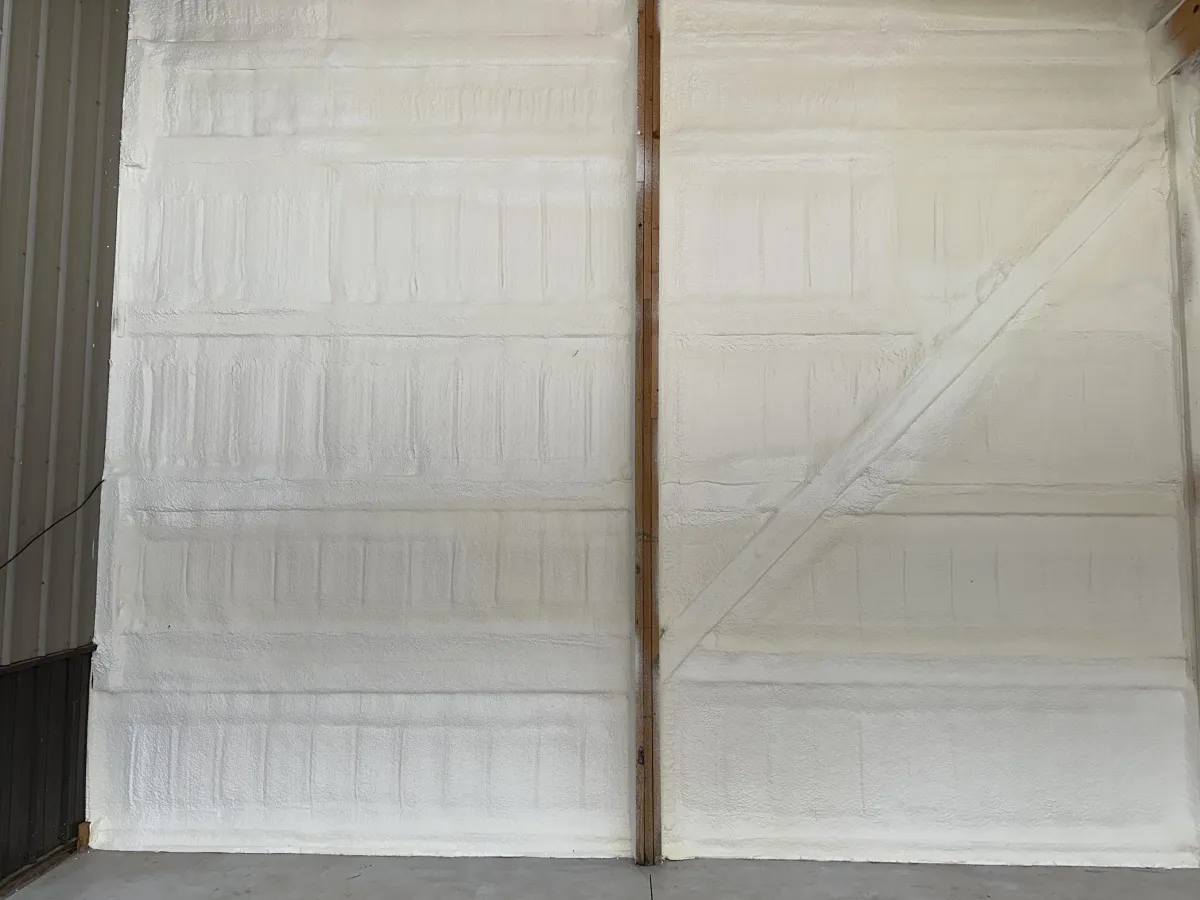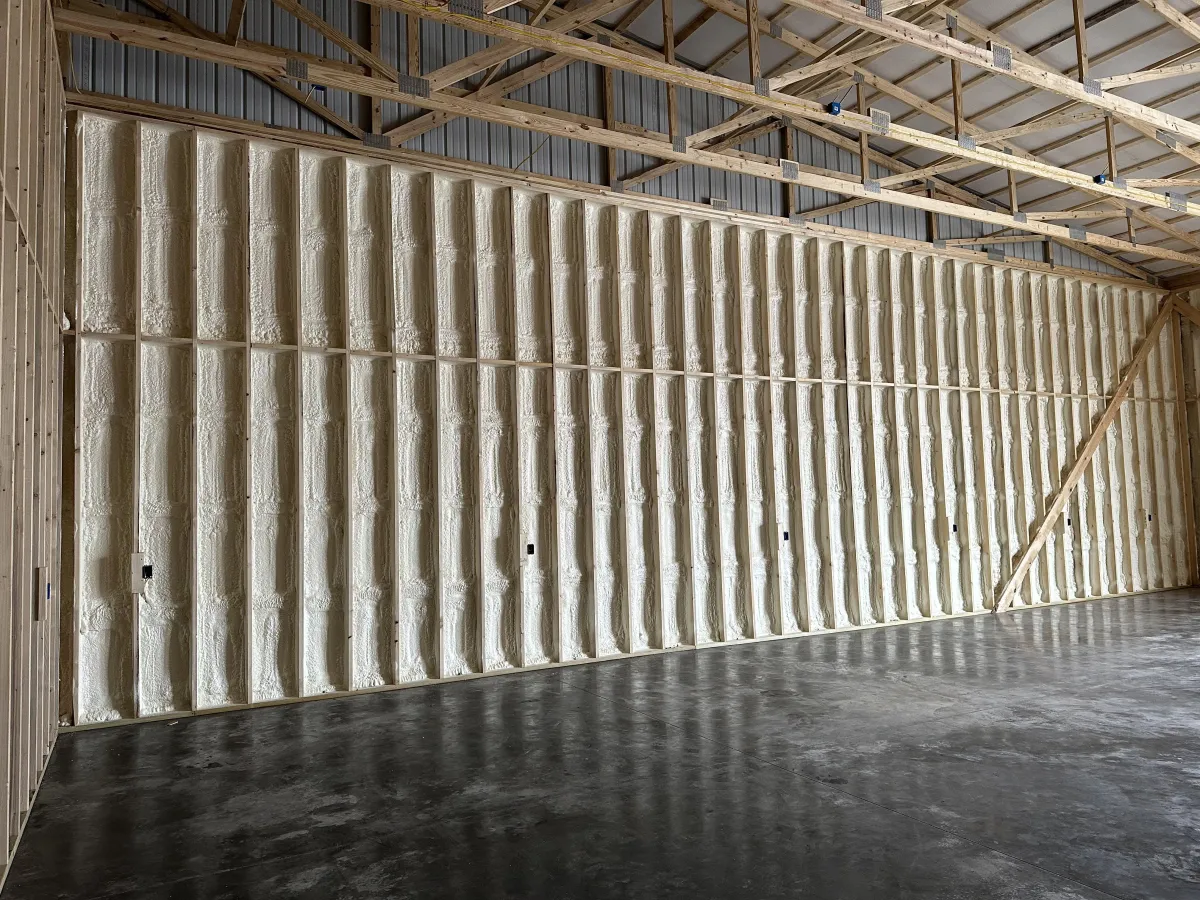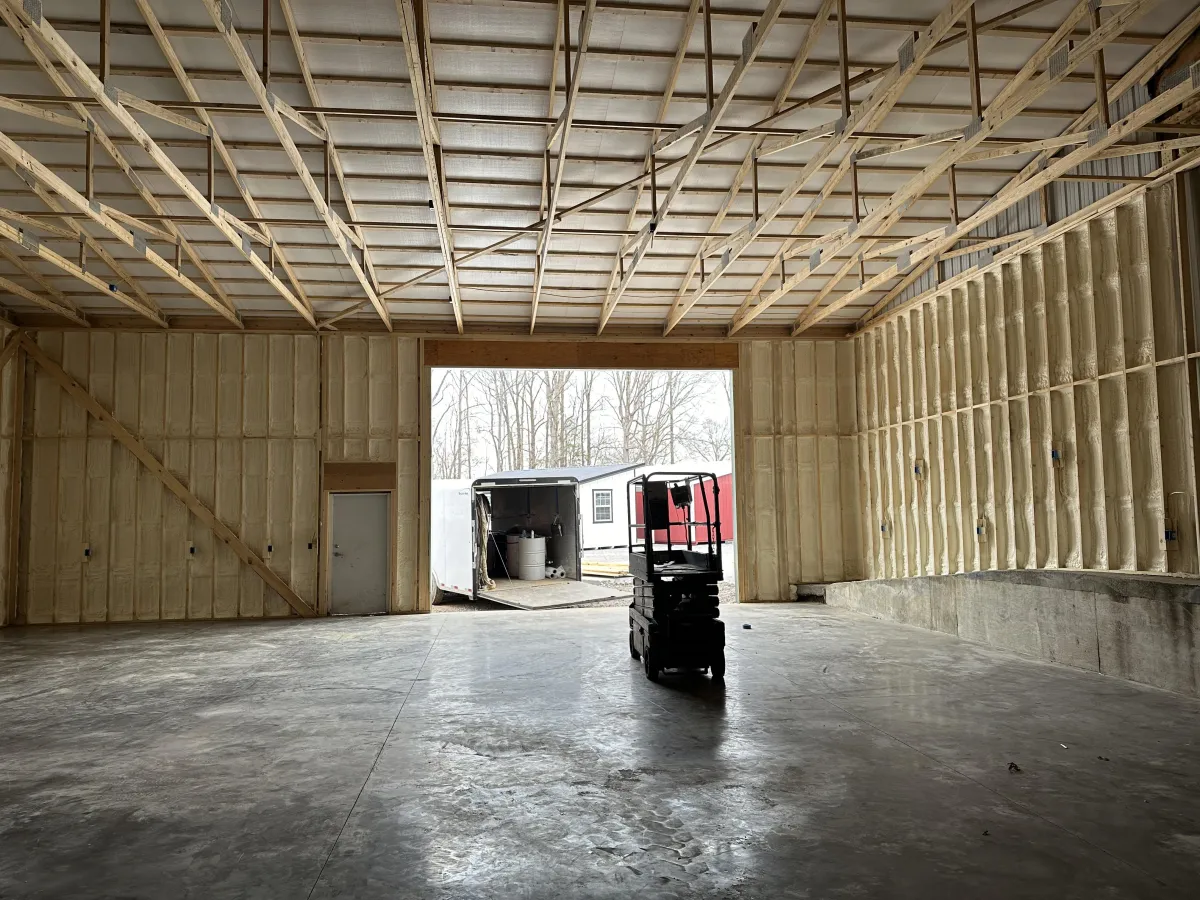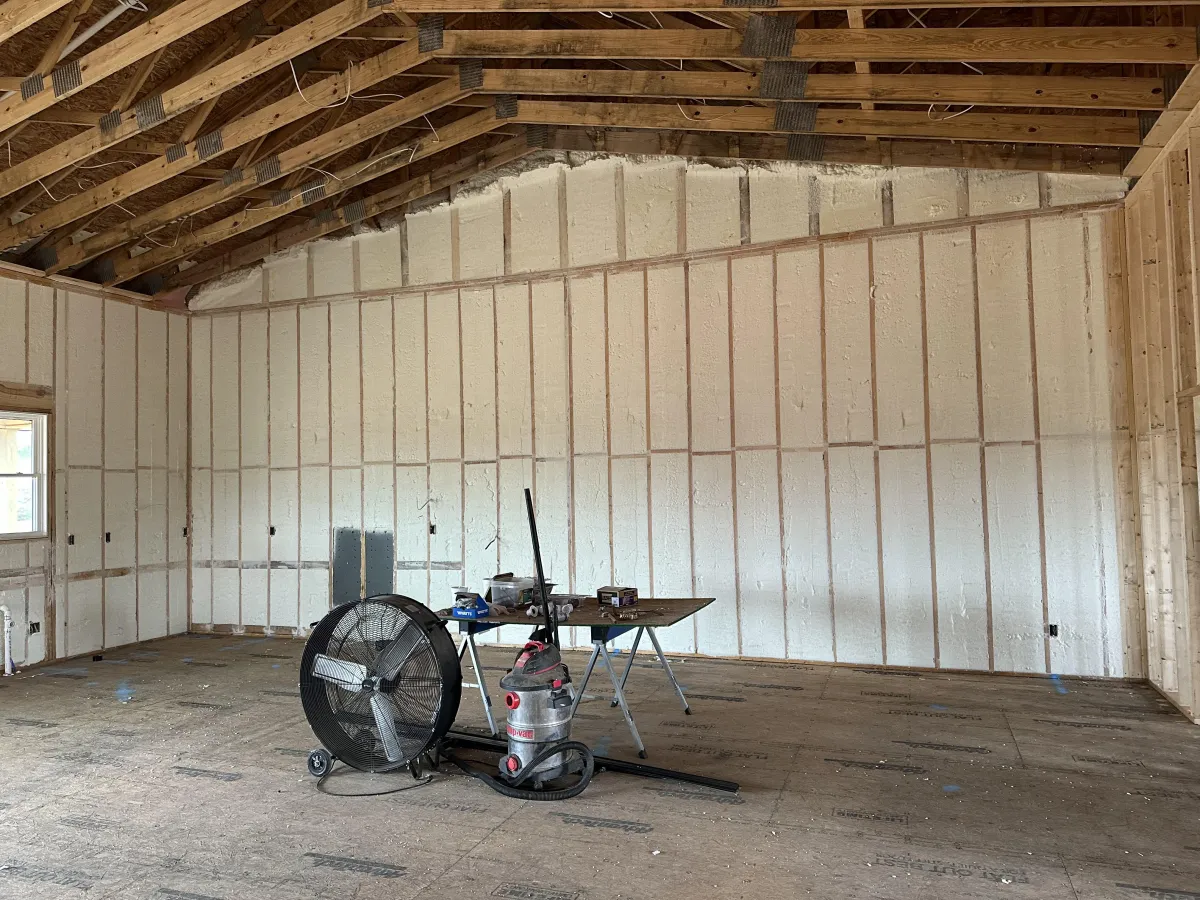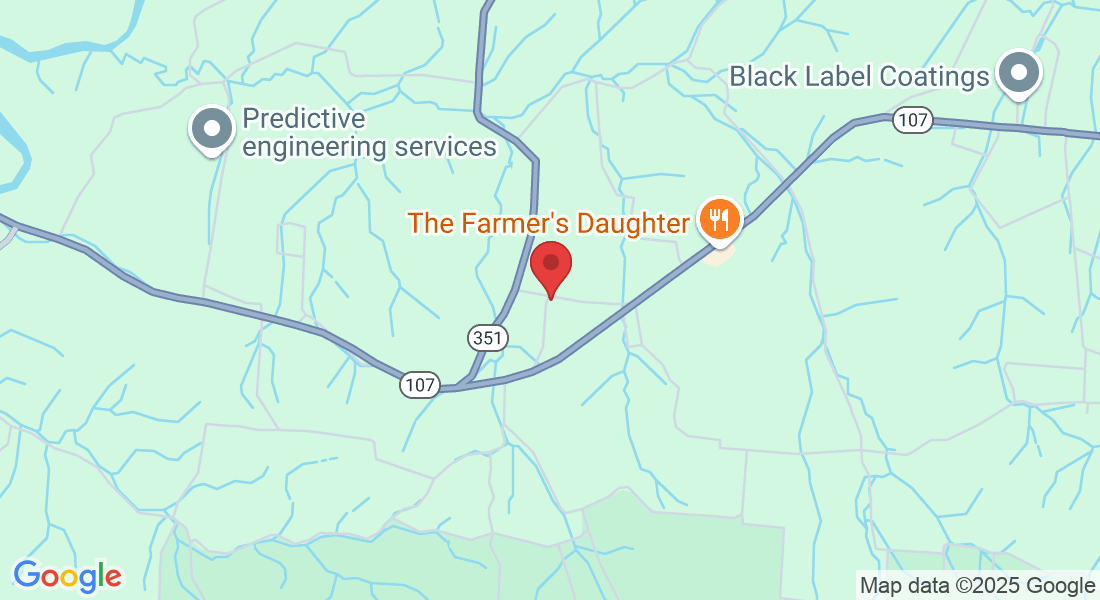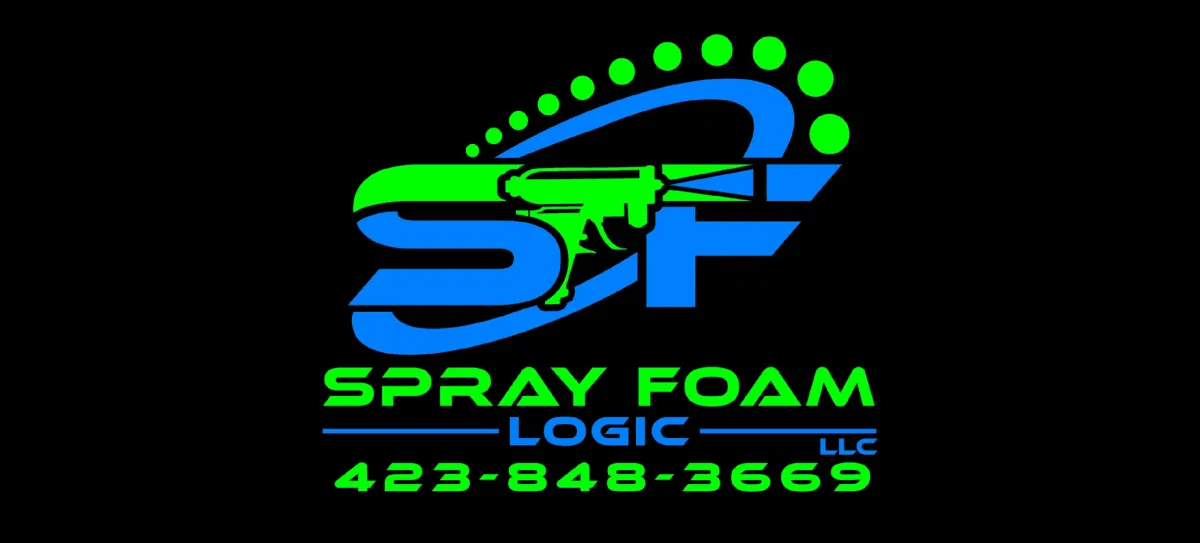Insulating Your World for Comfort and Savings
Spray Foam Insulation Contractor for Greeneville, TN Area
Spray Foam Logic is the go to source for your insulation needs. Our focus is providing innovative and highly effective ways to improve energy efficiency in homes and buildings. It is applied as a liquid that expands into a foam, filling gaps and cracks to create an airtight seal. This helps to prevent heat loss in the winter and keeps spaces cooler in the summer, leading to lower energy bills. Spray foam also offers soundproofing benefits, reduces moisture buildup, and improves overall comfort in indoor environments.
About Us
At Spray Foam Logic, we are proud to serve the Greeneville, TN area with affordable and high-quality insulation solutions. Specializing in both Spray Foam Insulation and Fiber Batt Insulation, we are committed to improving the energy efficiency, comfort, and durability of your home or business. Whether you're looking to reduce energy costs, enhance indoor air quality, or create a quieter environment, our expert team is here to provide the best insulation options tailored to your needs. Let us help you make your space more comfortable and cost-effective year-round.
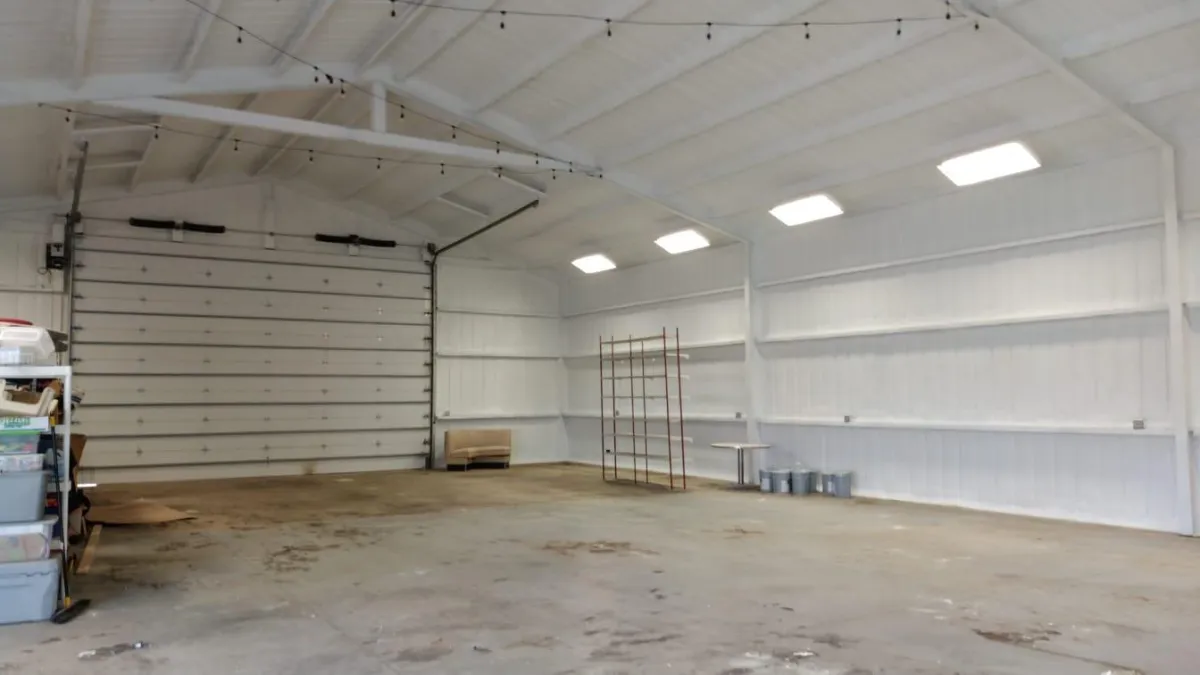
Our Service

Spray Foam Insulation
is a highly effective method of insulating buildings by spraying a liquid foam that expands to fill gaps and cracks, creating an airtight seal. It helps improve energy efficiency, reduce noise, and prevent moisture buildup.
Fiberglass Batt Insulation
is a cost-effective solution made of flexible fiberglass fibers, designed to fit between wall studs, floors, and ceilings. It helps regulate temperature, reduce energy costs, and improve soundproofing in your home or building.

Our Service
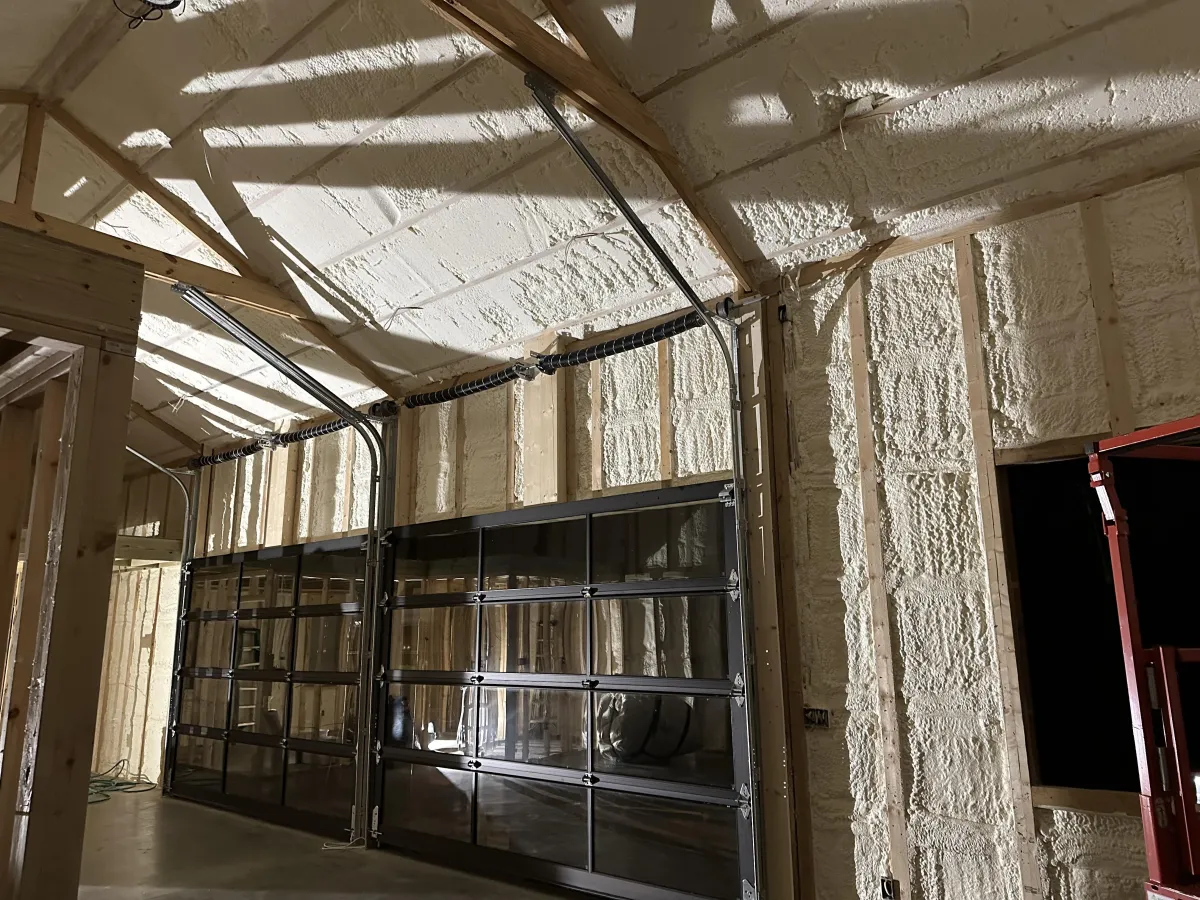
Spray Foam Insulation
a highly effective method of insulating buildings by spraying a liquid foam that expands to fill gaps and cracks, creating an airtight seal. It helps improve energy efficiency, reduce noise, and prevent moisture buildup.

Fiberglass Batt Insulation
a cost-effective solution made of flexible fiberglass fibers, designed to fit between wall studs, floors, and ceilings. It helps regulate temperature, reduce energy costs, and improve soundproofing in your home or building.
Gallery
Testimonials
"We decided to upgrade our insulation with both spray foam and fiberglass batt, and the difference has been incredible. Our home stays much warmer in the winter and cooler in the summer, and our energy bills have noticeably dropped. The team at Spray Foam Insulation was professional, efficient, and made the entire process easy."
Colin J.
"I was skeptical at first, but after getting spray foam insulation installed in my attic, I can’t believe how much more comfortable my house feels. It’s quieter, more energy-efficient, and I’m already seeing lower heating costs. I highly recommend Spray Foam Insulation for anyone looking to improve their home’s efficiency!"
Kristen W.
"We opted for fiberglass batt insulation for our basement and spray foam for the attic, and I’m so glad we did. The improvements in temperature control and moisture management have been amazing."
Pete D.
FAQs
What is the difference between spray foam insulation and fiberglass batt insulation?
Spray foam insulation expands upon application, filling gaps and creating an airtight seal, which offers superior insulation and moisture control. Fiberglass batt insulation, on the other hand, is pre-formed and fits between studs or joists, providing basic thermal protection and soundproofing but may not seal gaps as effectively as spray foam.
Is spray foam insulation more expensive than fiberglass batt insulation?
Yes, spray foam insulation tends to have a higher upfront cost compared to fiberglass batt insulation. However, spray foam is more energy-efficient and can result in long-term savings through lower heating and cooling costs.
How long does spray foam insulation last?
Spray foam insulation can last 25 years or more when properly installed, as it doesn’t sag or deteriorate over time. It’s a durable, long-lasting solution for energy efficiency.
Can I install fiberglass batt insulation myself?
While fiberglass batt insulation can be a DIY project for those with the right skills, it’s important to ensure it is properly installed for maximum efficiency. Gaps, compression, or improper fitting can reduce its effectiveness.
Is spray foam insulation safe for my home?
Yes, when professionally installed, spray foam insulation is safe and non-toxic. It’s important to have a certified installer apply the foam to ensure safety and proper ventilation during installation.
Can fiberglass batt insulation help with soundproofing?
Yes, fiberglass batt insulation provides some soundproofing benefits by reducing noise transmission between rooms, though spray foam insulation can offer even better soundproofing and air sealing.
What areas of my home can benefit from spray foam insulation?
Spray foam is ideal for attics, crawl spaces, basements, and wall cavities, offering superior sealing and insulation performance in hard-to-reach areas.
How do I know which insulation is right for my home?
The best insulation for your home depends on factors such as your budget, energy efficiency goals, and the areas you need insulated. A professional insulation contractor can assess your home and recommend the best solution for your needs.
Can spray foam insulation help with moisture control?
Yes, spray foam is an excellent moisture barrier, helping to prevent mold growth and water damage by sealing gaps where moisture might enter, especially in basements and attics.
How long does it take to install spray foam or fiberglass batt insulation?
Spray foam insulation can typically be installed in a day, depending on the size of the project. Fiberglass batt insulation may take a little longer, especially if it requires precise fitting or if multiple areas are being insulated.
